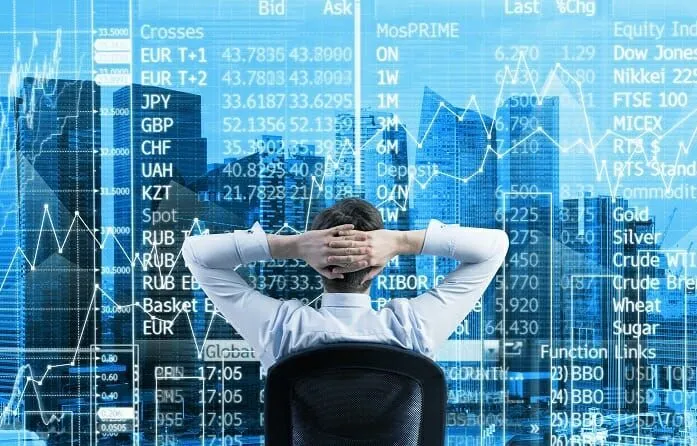There is probably no such a person who, one way or another, has not heard about Forex trading. Someone has seen ads about fabulous profits that can be obtained by doing almost nothing, while others tell scary stories about how Forex is a fraud, and some people are sure that trading is available only to very rich people.
Only a Forex trader knows that it is hard work and a specialty, even a profession, and money earned here is by no means easy. If you are attracted by the possibilities of earning money in the financial markets, it is time to become a trader. So, where do you start?
Decide to trade on Forex
First, you need to think carefully. The Forex market is not a casino, where you can get money by guessing the rate, and not a bank, where interest accumulates over time without your participation. Trading, like any other profession, requires certain knowledge, skills, and moral qualities.
Start learning
Having firmly decided to start trading on Forex, you need to gain certain knowledge first. There are usually two options for Forex training:
- Training in the company. Almost every Forex broker or dealing center offers to take a small initial training course, where you will learn the very basics. These courses can be both paid and free, face-to-face and remote, and last from several weeks to several months.
- Self-study. Today, the Internet is simply overflowing with information. These are specialized training sites, Forex forums, and blogs of traders, where a beginner can understand the basics of the currency market quite quickly.
Choose a Forex broker
Armed with the necessary minimum knowledge, you can start trading. Forex brokers, dealing centers, and banks mainly provide trading services. Therefore, you need to choose a company that you trust.
Ratings of Forex brokers, reviews of practicing traders, as well as complaints against companies, which are usually placed in specially designated sections on forums, provide great help to a novice trader.
Trade on a demo account
A beginner trader who has only theoretical knowledge is not recommended to immediately open a real trading account. But how can a beginner trader get practical experience?
For this, all Forex brokers and dealing centers provide a demo account service. A demo account is opened for free, replenished with virtual dollars in the amount that depends on your desire, and allows you to trade on conditions similar to real ones.
When trading on a demo account, a novice trader gets used to the trading terminal, learns its functions, tries him/herself in one or another form of trading, tests trading strategies, picks up technical indicators, etc.
Move from a demo account to a real deposit
So, the trading terminal is mastered, the necessary knowledge for trading seems to be there, and the balance of the deposit on the demo account is steadily increasing. Isn’t it time to switch to a real account? Here, once again, it is worth thinking carefully.
Unlike the demo account, the money is no longer virtual, and losses are possible. Be prepared for the fact that trading on a demo account and a real deposit are technically similar but completely different in terms of psychological stress.

